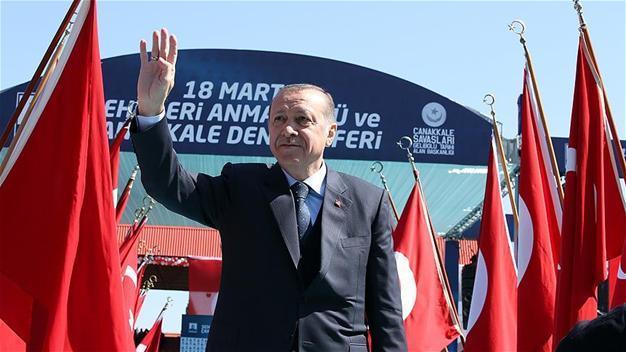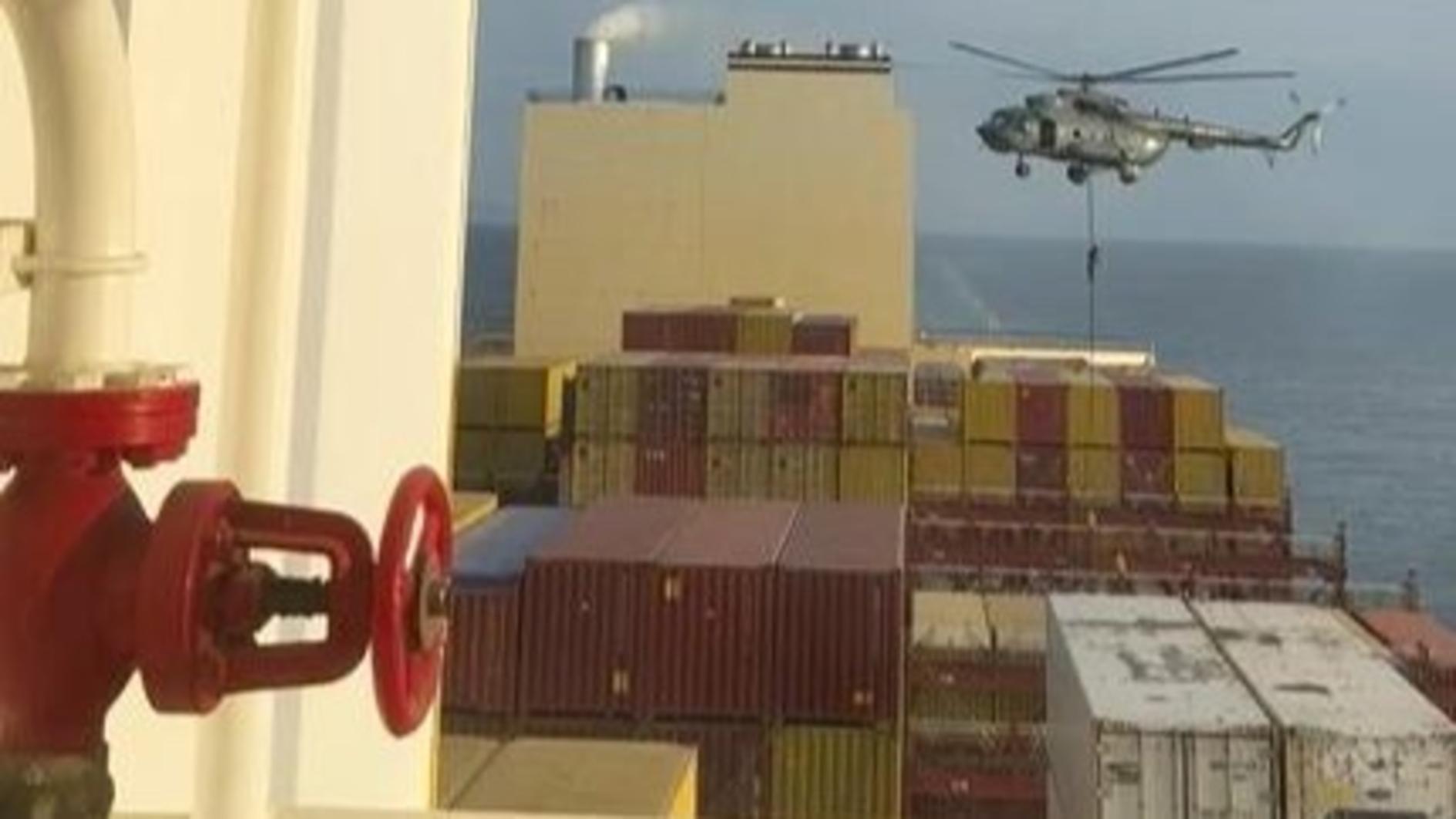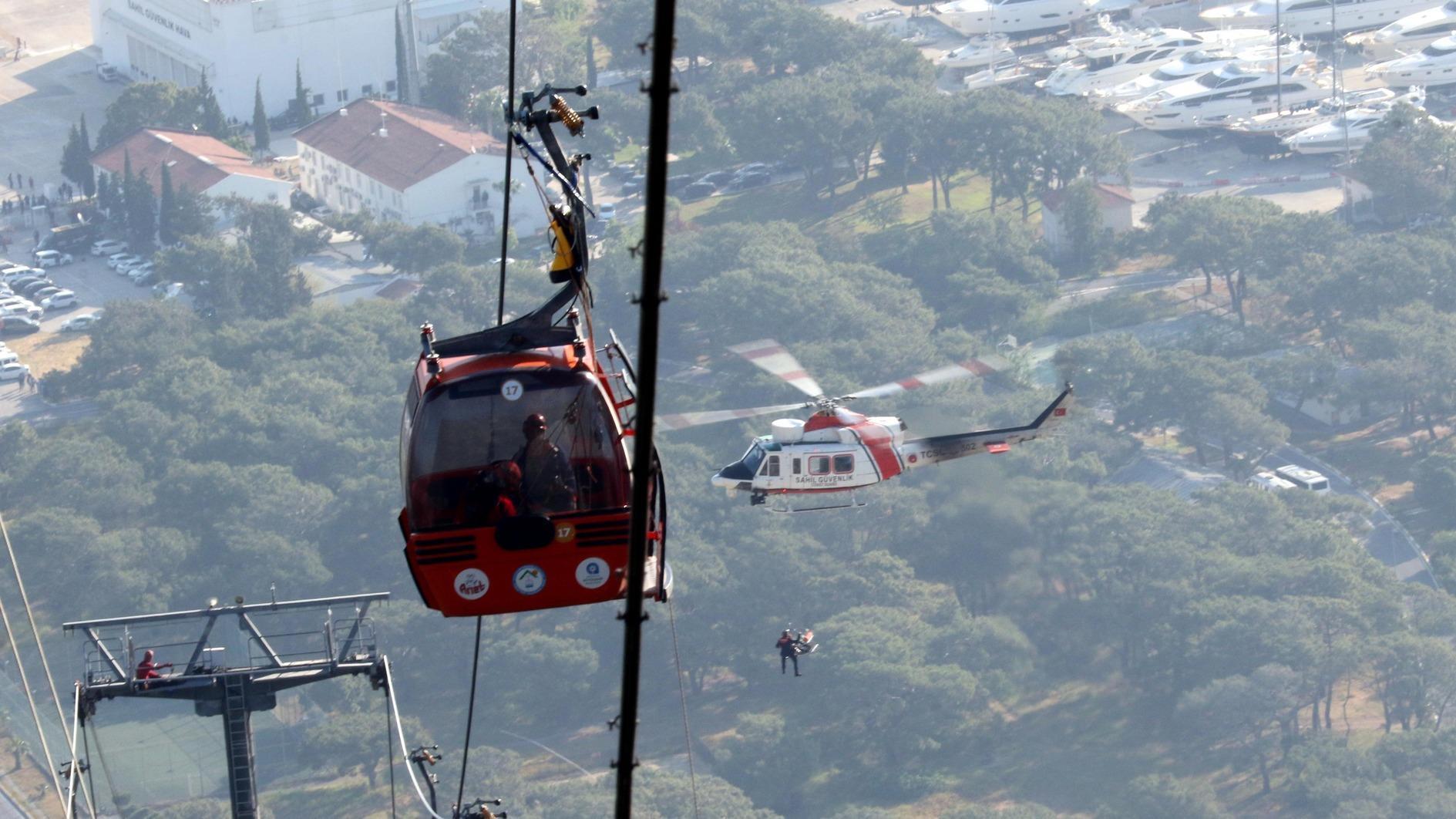Çanakkale bridge opens new era for martyrs: President Erdoğan
ANKARA – Anadolu Agency
 The new Çanakkale 1915 Bridge in northwestern Turkey will usher in a new era for the martyrs who vanquished their enemies in Çanakkale (Dardanelles) 102 years ago, President Recep Tayyip Erdoğan said on March 18.
The new Çanakkale 1915 Bridge in northwestern Turkey will usher in a new era for the martyrs who vanquished their enemies in Çanakkale (Dardanelles) 102 years ago, President Recep Tayyip Erdoğan said on March 18.Speaking during the Martyrs' Memorial Day ceremony for the 102nd anniversary of the Çanakkale Naval Victory in northwestern Turkey’s Çanakkale province, Erdoğan said that when completed, it would be the world's number one bridge.
"Inshallah [God willing], we'll see the opening of this bridge in five years," on the eve of Turkey’s 2023 centennial, Erdoğan said. "This bridge will become the world's number one as we connect Asia to Europe and vice versa."
He added, "It is very important to know what kind of successes the belief and determination of our Çanakkale martyrs have brought to us," he said.
The 1915 battle took place in the Dardanelles Strait in the Çanakkale province's Gelibolu (Gallipoli) district.
‘April 16 referendum aims to ensure stability and security’
On the upcoming April 16 referendum on constitutional changes to switch Turkey to an executive presidential system as well as other changes, Erdoğan said the changes aim to ensure that Turkey's political system stays stable and secure, similar to the world's strongest nations which use a presidential system.
"If we aim to be among the top 10 economies [by 2023], we need a system through which we can compete with these countries," he stressed.
He added the system would not be a mere copy of other nations’ but includes local and national touches.
According to Erdoğan, if the political instability in Turkey since 1991 had never taken place, Turkey’s per capita income would have been double its current $11,000 to be $22,000.
‘Spirit of July 15 similar to our Çanakkale forebears’
Erdoğan also expressed gratitude for the Çanakkale martyrs, and said that during the defeated coup of last July, the Turkish people who rose against the coup forces to protect their country acted in a similar spirit as their forebears did a century earlier.
"There is nothing that people who are bravely ready to be martyrs can't do," he said. "Thanks to the support of our people, we were able to push back the attempt and get rid of the putschists."
According to the president, much like the martyrs who protected Turkey during the Battle of Çanakkale, the Turkish nation is now fighting terrorist groups in southeastern Turkey such as the PKK as well as across its southern borders in Syria, battling ISIL and the PKK/PYD/YPG.
"This country has not the smallest territory or single person to lose to terrorists or their supporters. So we say 'one nation, one flag, one homeland, one government' at every turn. This is our Rabaa," he said referring to the four-finger hand sign used by Egyptian civilians against the 2013 putsch, which overthrew the elected government.
He added that operations against coup-plotters are continuing and said the families of the July 15 martyrs could feel consoled, as the coup criminals will soon be punished.
"After April 16, parliament will take the necessary steps at your request to have a death penalty for criminals," he added.
He added that Turkey would make the necessary response to the Netherlands and other Western countries following the crisis last weekend when two Turkish ministers were barred from entering the country and addressing the Turkish expat community ahead of April 16.
"This [action] has no place in international law," he said. "If you'll continue like this, you'll have the necessary response from Turkey."
Death Penalty
Erdoğan also said he expected parliament to approve restoring capital punishment after the April 16 referendum.
Turkey completely abolished the death penalty in 2004 as part of its efforts to join the European Union, which makes its removal a non-negotiable pre-condition for membership.
"The families of the martyrs, the heroes (of the failed July 15 coup) don't need to worry. I believe, God willing, that after the April 16 vote parliament will do the necessary concerning your demands for capital punishment," Erdogan said.
To become law, the bill would still need to be signed by the head of state. But Erdogan said he would sign it immediately.
"When it comes to me I will approve it without hesitation," he said.
"What Hans and George say is not important for me," he said, using two common European names. "What the people say, what the law says, that's what is important for us," he added.
















